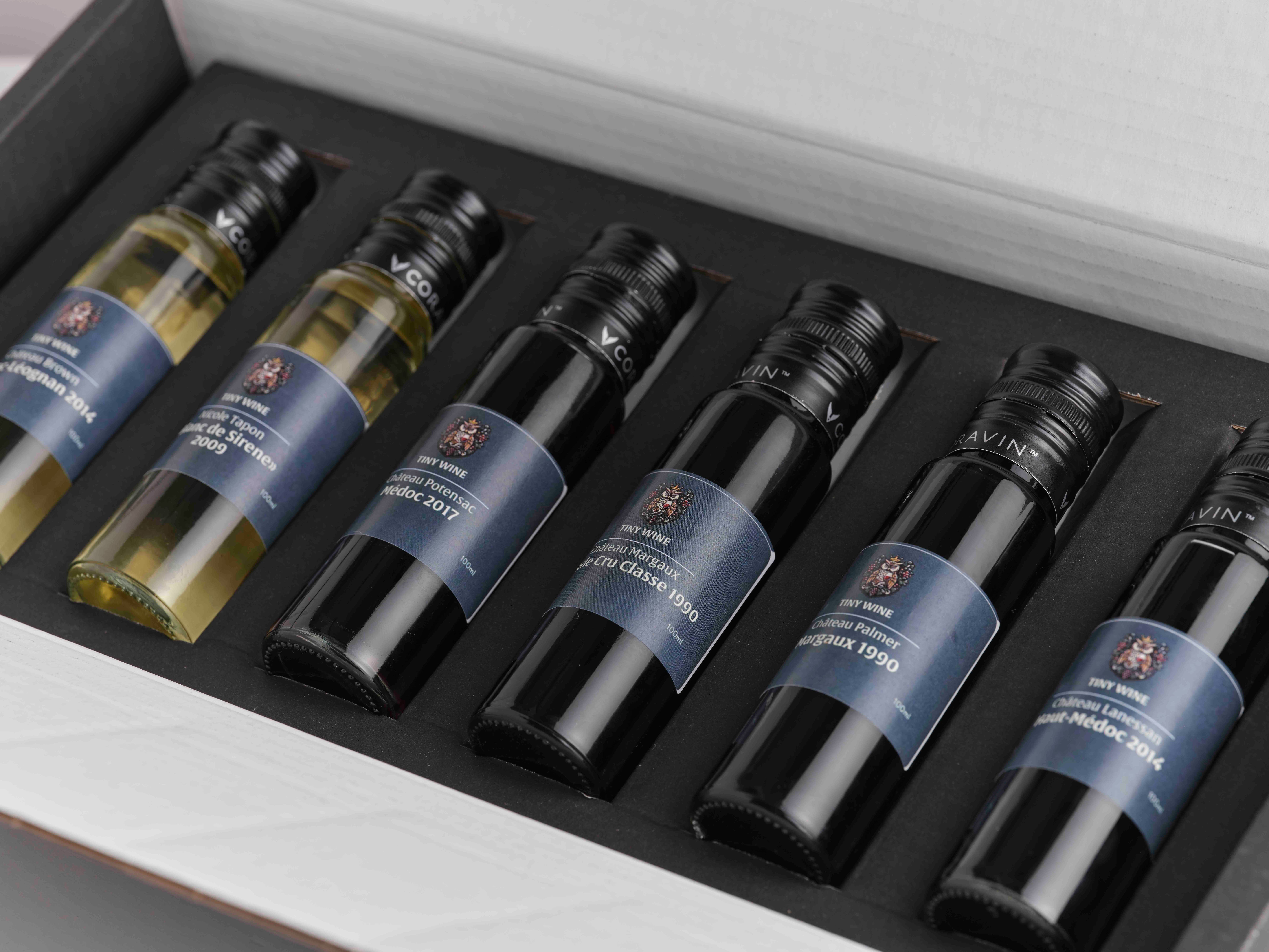Rather than turn up their collective noses at the idea of sourcing and selling wine bottled in the UK, the shrewdest and most commercially focused on-trade wine buyers are working with their suppliers to open up their lists to bulk wines that can offer both quality and the prices they need.
As one of the UK’s biggest bottlers how important has bulk wine become to the on-trade in recent years?
Bulk wine is not necessarily seen as important for many on-trade buyers or hospitality outlet owners but, in reality, it is very important. Most pubs, bars and restaurants have been serving UK-packed wines to customers for many years, often without realising.
Bulk-shipped, UK-packed wines enable the UK’s on trade outlets to serve excellent quality wines at great price points to their customers – something that is increasingly important as consumers become more discerning and selective about where and how they spend their money.

David Gill MW says he is working with an increasing amount of wines destined for the on-trade at Kingsland Drinks
Bulk wine’s reputation has probably been tainted historically by the fact that the wines that were selected were mostly chosen for the price, not their quality. As a result, what went into the containers wasn’t great, so (clearly!) you don’t get good wine out at the other end. That is a no longer the case – we put good wine in, take care of it in transit and we get good wine out and into bottle. It’s no longer the industry’s “dirty little secret”, it’s a huge success story.
Is it being used mainly for house wines?
UK-packed wines are certainly used for house wines, but increasingly they are selected for “House +1” & “House +2” level wines. New Zealand Sauvignon Blanc is a particularly popular bulk-shipped/UK-packed style here, and the quality is fantastic.
Other popular styles such as Argentine Malbec, Chilean Merlot and Sauvignon, South African, Californian and Australian wines are regularly packed and bottled here in the UK rather than being bottled at source, which makes perfect sense because of the cost and ecological benefits as well as potential quality benefits due to the long time they spend in transit.
Although buyers at the larger chains and multiples will know about UK packed wines and their merits, many other on-trade decision makers may be unaware that many of the wines that are served to their customers are shipped in bulk, rather than in bottle. The fact that it’s unimportant can be seen as a good thing…it points to parity in quality.
The quality of bulk shipped wines has never been better, and much of the time it means that buyers can source better liquid at better prices for their customers. It makes sense on many levels.
So are you looking to re-position the role of bulk wine to the on-trade in terms of how it is marketed to consumers?
We work primarily with the larger multiples and groups to deliver significant volumes centrally, which are then distributed regionally, or we work with regional wholesalers. We don’t sell and deliver “the last mile” so we don’t have too much contact directly with on-trade outlets.
However, for the last few years – and especially over the last 12 months – we have been championing the merits of UK packed wine to both the on and off-trade with a robust PR and marketing plan that is designed to communicate the ecological, economical and quality credentials attached to UK packed wine.
Through engagement with industry media, consumer media and via social media, alongside tasting, and conversations with our teams, we have a sustained and long-term approach to building the profile of bulk wine, which ultimately works to let the industry know that bulk wine is a positive choice.

What benefits to consumers do you see from bulk wine?
In reality, bulk wine is just as good quality as bottled at source, and it is more environmentally friendly than wines that are packed at source and then shipped long distances in bottle. This is especially the case for deep sea wines that can be on the water for several weeks, where bulk shipping provides a huge 15% carbon footprint reduction compared to shipping bottles.
Packing wines in the UK is also good for the British economy in that it creates jobs here and provides an income for the very people who will be drinking wine and eating at pubs and restaurants.
Ultimately, consumers really just want a good quality glass of wine at a good price. Bulk-shipped wine can help the on-trade provide both of these things.
Do you see the bulk wine story become part of the wine label and packaging?
Millennials and Gen Z drinkers are more concerned with eco issues than their Gen X and Baby Boomer counterparts, so perhaps in the future, hospitality groups and outlets will shout about the fact that many of their wines are shipped in bulk and packed here under UK standards with environmental issues fully considered. This could be communicated to customers on wine lists and in the outlets but would most likely appear on company websites and social platforms as part of their CSR message.
Most wines have somewhat subtle labelling with regard to where it is packed and, although it will be noted on the back label that a wine is UK-packed or packed by Kingsland, it’s not something that consumers would even know to look out for, for the most part.
Even though most outlets and groups are more interested in communicating the origin and provenance of their wines, there’s nothing to say that bulk shipping couldn’t be seen as a particular benefit, with quality of UK-packed wines on a par with equivalent wine packed at source. We know this for the high-volume, mainstream styles but, in truth, very fine wines could be packed in the UK and the quality would be fantastic, but the volumes required don’t really make commercial sense for UK-packing.
How have things been for Kingsland during the lockdown?
There have been many challenges for the industry during lockdown, but we have worked hard to stay reliable and react to changing customer requirements as quickly as lead times permit.
For the on-trade, which shut down overnight in most cases, we have of course had to hold the previously forecast volumes of wine in stock, which has inevitably been expensive. Now that many outlets have reopened, we are supplying what we have and re-stocking from our suppliers as quickly as possible, many of whom have also faced/are facing significant challenges, of course.
However, we are committed to catering for our clients ever-changing needs and will continue to do so as we ride out the global pandemic together.










































